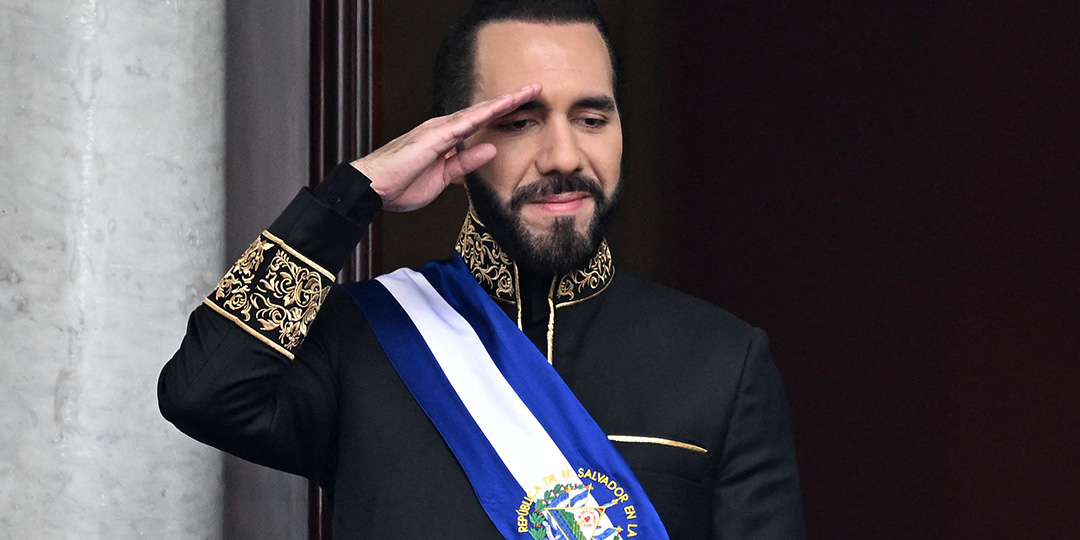El Salvador’s lawmakers began examining a constitutional reform Thursday to abolish presidential term limits, with leader Nayib Bukele’s party enjoying near-total control of its parliament.
Bukele, 44, has been president since 2019 and was re-elected in 2024 with a whopping majority after a Supreme Court ruling allowed him to bypass a constitutional ban on successive terms.
That election handed Bukele control over state institutions and the parliament, where he has the support of 57 out of the 60 members who are considering changes slammed as anti-democratic by the opposition.
The Legislative Assembly will debate allowing indefinite reelection of the president, extending the term of office from five to six years, and coordinating executive, legislative and municipal elections.
The ruling party’s lawmakers also proposed shortening the current presidential term to hold elections in 2027 — instead of 2029 — and allowing Bukele to participate by allowing re-elections “without reservations.”
“This day, democracy has died in El Salvador… The masks were removed,” said opposition lawmaker Marcela Villatoro, criticizing the proposal being brought to parliament under an expedited procedure as the country begins a week of summer holidays.
Bukele, who unapologetically describes himself as a “cool dictator,” enjoys enormous support for his heavy-handed campaign against criminal gangs, which has drawn criticism from international rights groups.
“This is quite simple, Salvadoran people. Only you will be able to decide how long you want to support your president,” said MP Ana Figueroa while presenting the reforms.
The constitutional reform was proposed by the ruling party amid accusations of repression against rights activists and critics of Bukele’s government, which has forced dozens of journalists and campaigners into exile.
mis/cgc/roc/gmo/aks/sla
© Agence France-Presse








